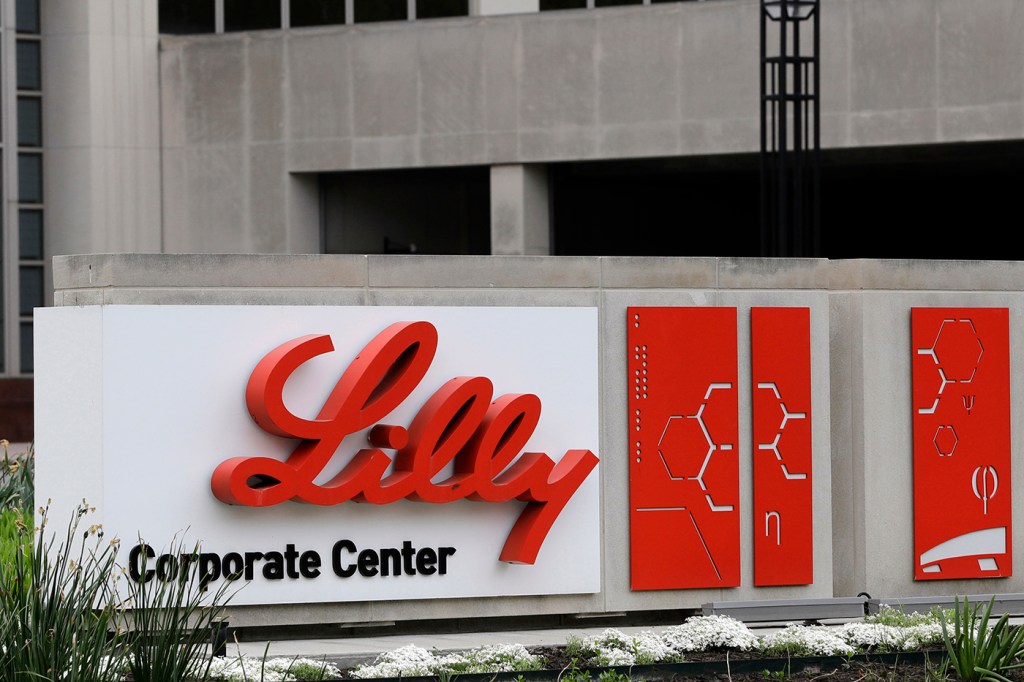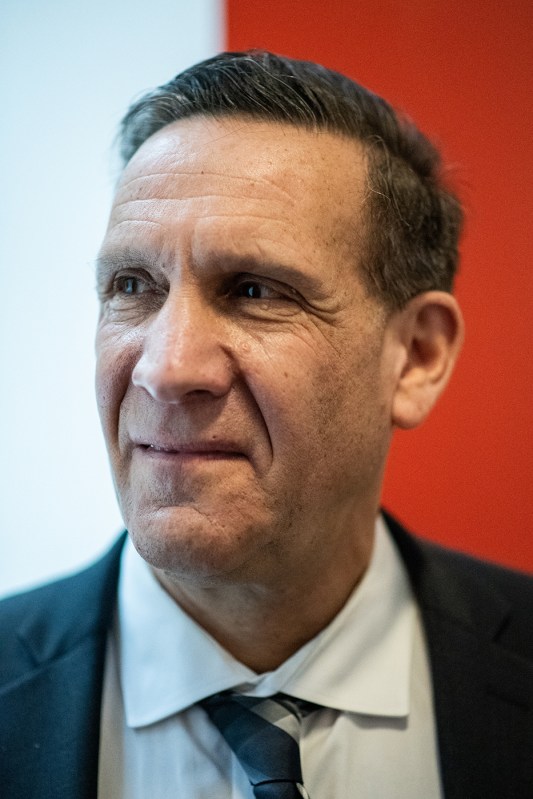Eli Lilly’s 70% price drop on insulin is the ‘tip of the iceberg’ in fight to lower drug costs, Northeastern expert says

Eli Lilly, one of the “big three” insulin producers, is cutting the price of its insulin by 70% and capping out-of-pocket monthly costs at $35 for those who use this lifesaving form of diabetes care.

Concerns about the high cost of insulin have been long-standing. According to the Centers for Disease Control and Prevention, 37.3 million people in the U.S., 11.3% of the population, have diabetes. For many of them, regular insulin injections are one of their main methods of care. However, the cost of insulin skyrocketed by 262% between 2007 and 2018, with the list price increasing by 40% between 2014 and 2018 alone. In recent years, costs have become so high––Eli Lilly charged $530.40 for a five-pack of its commonly-prescribed Humalog––that people have started rationing insulin.
Gary Young, director of Northeastern University’s Center for Health Policy and Healthcare Research, professor of strategic management and healthcare systems, says insulin has become “a lightning rod” for concerns about rising drug costs. But Eli Lilly’s decision is only the latest move in the fight to lower drug costs.
“Eli Lilly’s action, in fact, is the tip of the iceberg in the sense that we’re going to be dealing with this in much more extensive ways in the near future with many more drugs coming to the market,” Young says.
In some ways, insulin is “low hanging fruit” for drug companies to target, Young says. It’s relatively inexpensive to produce, yields high profit and is mostly concentrated in the hands of three companies: Eli Lilly, Norvo Nordisk and Sanofi.
Young says Eli Lilly’s move to lower prices could prompt Norvo Nordisk and Sanofi to do the same at a time when companies are facing pressure from regulators and the public.
Concerns around insulin prices hit a fever pitch last year, as federal regulators debated capping out-of-pocket monthly costs as part of the Inflation Reduction Act. Congress ultimately established a $35 per month cap for insulin but only among those in the Medicare Part D program. During his recent State of the Union speech, President Joe Biden called on Congress to extend the price cap to Americans with private insurance as well, something Congressional Democrats had originally fought to get into the Inflation Reduction Act.
“What you’re seeing with Eli Lilly is, certainly, a good PR move, and the drug companies have been fairly proactive over a number of decades about recognizing when there’s serious concerns at the federal and state level to talk about price controls on drugs,” Young says.
Even if Eli Lilly’s decision tempers the public and political storm around drug pricing, Young says it will only be a temporary reprieve. Drugs like Mavenclad, which helps slow the effects of multiple sclerosis and comes with a $194,000 annual price tag, raise serious questions about how U.S. healthcare will adapt in the years to come.
Drug companies charge such high prices because of the high cost of testing and bringing those drugs to market, Young says. Will the U.S. change how drug development is financed? How will health insurance providers measure the needs of their customers against the cost of covering expensive, life-saving drugs?
“This is going to be a huge issue for health policy in this country over the next decade, with a lot of new, very expensive drugs some of which are truly transformative in the sense that there’s nothing else out there that can have the kind of impact these kinds of drugs can have,” Young says. “It does provoke some very serious soul searching for this country in terms of how we want to approach this.”
Cody Mello-Klein is a Northeastern Global News reporter. Email him at c.mello-klein@northeastern.edu. Follow him on Twitter @Proelectioneer.






